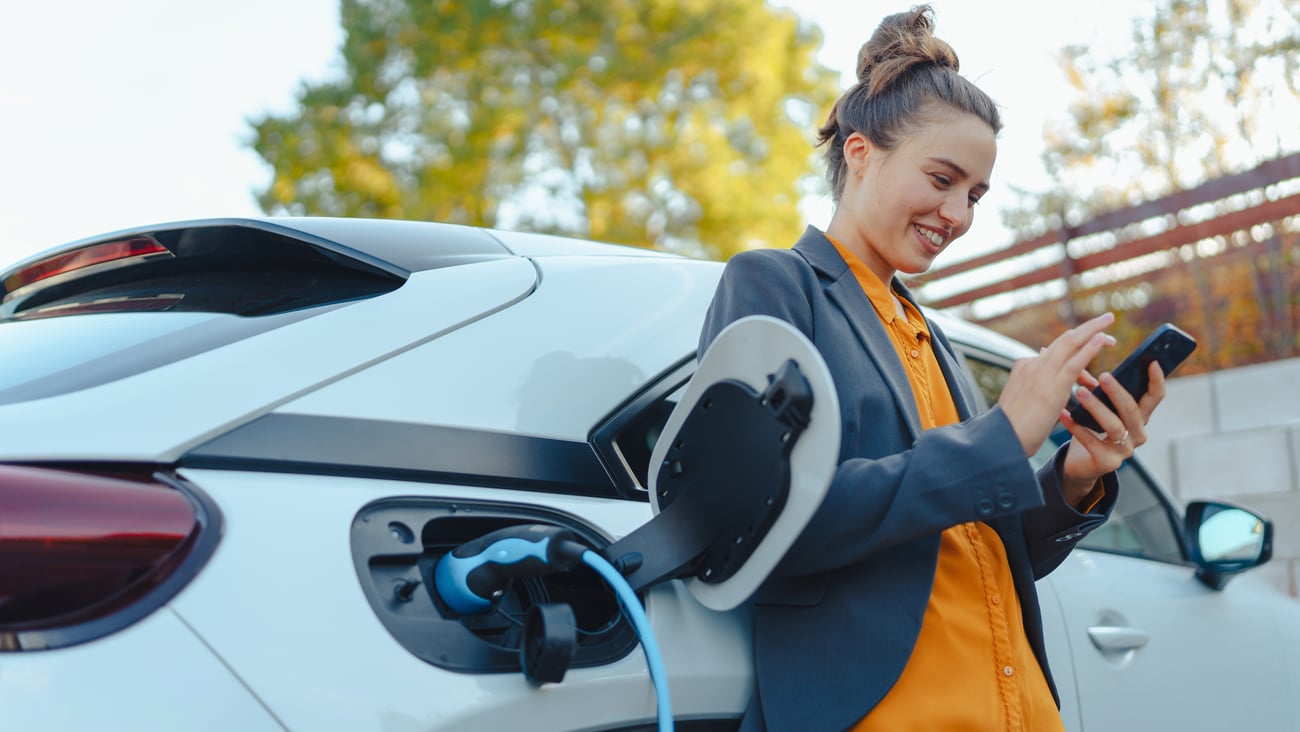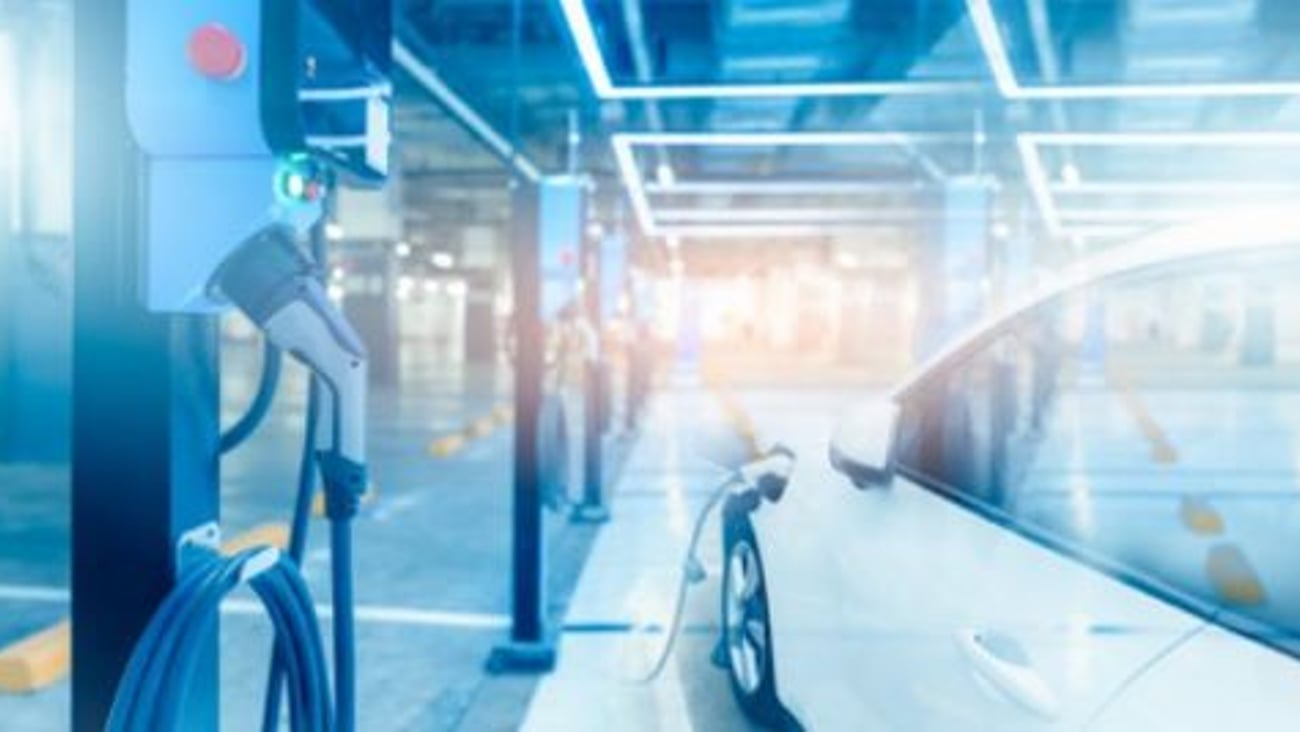Pump or dump?
If you’re the financial sort, you may have started to think of the refuelling station as a distressed asset. There’s a dizzying amount of instability in the market right now. This state of flux has been fuelled by the response to climate change—and the means with which jurisdications have elected to battle climate change. This time of transition has companies, big and small, wrestling with how to manage “traditional” refuelling stations.
Is it better to hold, renovate and relaunch? Or to fold entirely? Or to go all-in and snag refuelling stations from competitors with less confidence in what the future might look like?
The first gambit assumes a near-term in which both fossil fuels and electricity power our vehicles down the road. The second concedes that this current instability is unlikely to change and, therefore, the situation is largely unmanageable. The third one takes the most bullish approach imaginable and rolls the dice in a very big way.
Over the past year, major players in the space have started to play their hand or, at least, show a card or two. An article in The Globe and Mail from early April referred to the difficulty some sellers have had with unloading stations. “While individual stations are still attractive to entrepreneurs looking to be sole proprietors,” the author Jameson Berkow wrote, “companies hoping to sell large retail gas networks are struggling to find buyers. Hundreds of locations across Canada from big-name companies such as Suncor, Irving and Parkland are up for sale with no one so much as kicking the tires.”
The article went on to cite a well-known Boston Consulting Group report from 2019. This report predicted that roughly 80% of the global fuel retail network would be unprofitable by the year 2034. This would represent an absolute 180-degree turnaround because EV charging stations right now are, in many cases, a loss leader.
Without question, some corporate giants seem to be losing patience with the state of things. In 2022, Suncor Inc. pulled the Petro-Canada network off the market after an acceptable price remained elusive. In Eastern Canada, the Irving Oil conglomerate has had close to 1,000 refuelling stations up for sale for more than a year with no movement.
Earlier this year, Parkland Corporation announced its intention to sell 157 stations spread out across six provinces. The company owns 4,000 retail and fuel locations in Canada, the U.S. and the Caribbean. But it identified the 157 as sites that “no longer fit our long-term strategic objectives,” according to a statement by Francis Lapointe, its vice-president of Canadian retail operations. (During a conference call with analysts to discuss the company's first-quarter financial results last week, CFO Marcel Teunissen appeared to clap back at the piece in The Globe: "There's a lot of interest from individuals who want to buy a site, become a dealer, as well as buyers who want potentially to have multiple sites.")
Last October, international supplier and distributor of transportation fuels Greenenergy sold 241 retail gas and convenience locations to Global Fuels, which operates Esso, Mobil and Esso Cardlock locations. At the time, CEO of Greenenergy Christian Flach noted: “Following three years of significant growth and development, Greenenergy is divesting its Canadian retail business to focus development on its renewable project pipeline.”
On the other hand, in late-2022, Shell Canada announced it was in a buying mood after purchasing 56 gas stations from Empire Co. Ltd., the parent company of grocery store chain Sobeys, as well as Needs and Voisin c-stores. According to a company press release, this deal was in keeping with a global push to expand in preparation for the coming energy transition.
“If [there are] other sites and other networks that are a good fit, not only for the Shell mobility business, but our integrated business, we certainly are looking at those,” said Kent Martin, general manager of mobility for Shell Canada, in an article published by The Canadian Press.
While parent company Shell plc is predicting that gasoline demand will decline in the long-term, it believes a strategy revolving around renewable and hydrogen-based fuels will more than offset those losses. It’s also banking on enhancing its convenience store offerings, catering to EV drivers that need to spend more time at stations.
“We are expanding our footprint, and that not only allows us to meet the needs of customers and motorists in Canada today,” Martin noted. “But also gives us a great opportunity to expand additional fuel offerings and low-carbon fuel offerings in the future in these locations.”
Three approaches—and only time will tell which proves the smartest of all.





